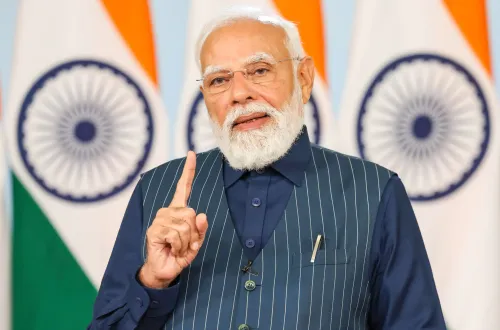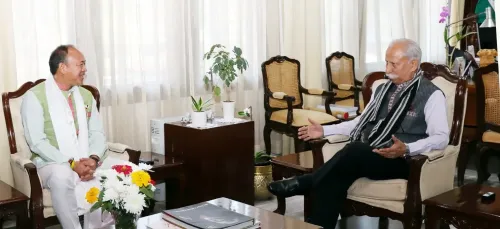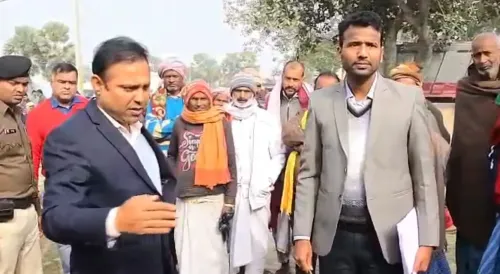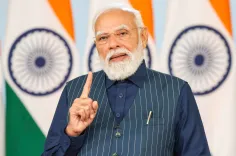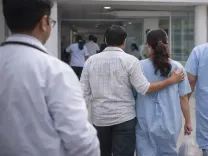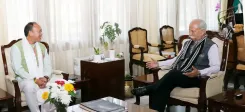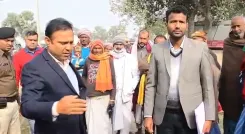Is there a PIL in SC for enhanced transparency in Air India crash probe?
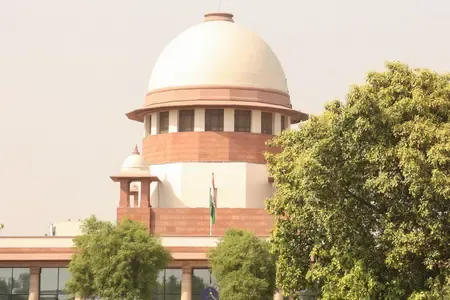
Synopsis
Key Takeaways
- The PIL seeks enhanced transparency in the Air India crash investigation.
- It emphasizes potential bias against the pilots.
- Critical technical issues were allegedly overlooked in the initial reports.
- Conflict of interest arises from regulatory bodies investigating themselves.
- The plea advocates for independent oversight by the Supreme Court.
New Delhi, Sep 19 (NationPress) A public interest litigation (PIL) has been submitted to the Supreme Court demanding heightened transparency and independent monitoring from the apex court regarding the investigation into the June 12 Air India plane crash in Ahmedabad, which resulted in over 260 fatalities.
The petition, initiated by the NGO Safety Matters Foundation, contends that the Directorate General of Civil Aviation (DGCA) and the Aircraft Accident Investigation Bureau (AAIB) are engaging in “selective and incomplete disclosure of vital information” that unjustly shifts blame onto the pilots while neglecting systemic issues.
“The Respondents’ (authorities) selective and incomplete disclosure of critical information, along with the premature assignment of pilot error while disregarding systemic faults, constitutes a persistent violation of Article 21 and Article 14 of the Constitution of India,” the petition, filed through advocate Pranav Sachdeva, asserts.
The PIL emphasizes that significant technical problems, such as the malfunctioning of the fuel control switch locking mechanism and electrical anomalies, were omitted from the preliminary report. “By hastily attributing blame to human error and failing to investigate the documented mechanical weaknesses, the Respondent (authorities) has compromised the fairness, thoroughness, and integrity of the investigation,” it stated.
The plea further claims that the government’s regulatory body is essentially investigating itself, leading to a conflict of interest. “The DGCA, being the regulatory authority responsible for certifying the aircraft, overseeing its airworthiness, and monitoring operator compliance, is itself under scrutiny in this case. Allowing its own officers to lead the investigation creates a direct conflict of interest, as the inquiry will inevitably need to examine whether the DGCA fulfilled its oversight responsibilities diligently,” reads the petition.
It also pointed out that the testimony of the sole survivor, businessman Vishwashkumar Ramesh, who reported electrical anomalies within the cabin moments before the crash, was suppressed in the official narrative.
Highlighting that aviation safety concerns every passenger in India, the PIL stated, “Every passenger who boards an aircraft does so with the legitimate expectation that the State has fulfilled its duty to ensure that the skies are safe, and that if a tragedy occurs, it will be investigated with transparency, independence, and integrity.”
The petition has requested public disclosure of the complete Digital Flight Data Recorder (DFDR) output, full Cockpit Voice Recorder (CVR) transcripts, and the appointment of independent investigators under the supervision of the Supreme Court to ensure transparency.


